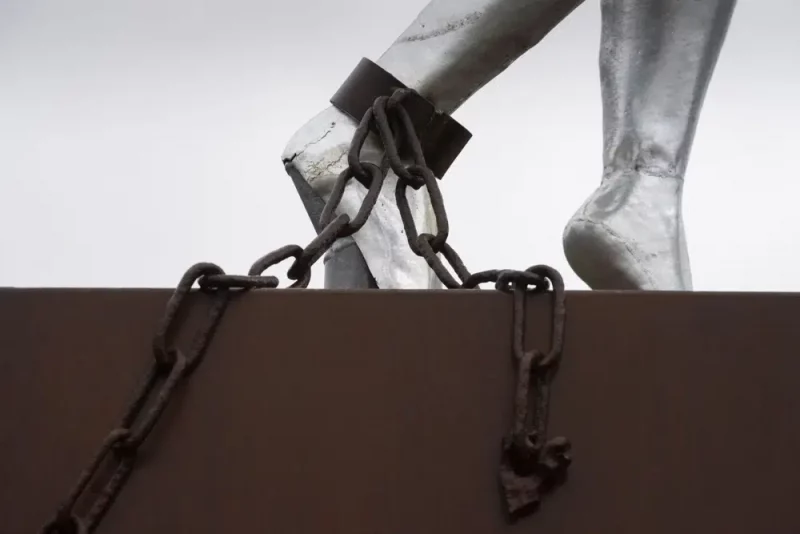Dutch leader apologizes for Netherlands’ role in slave trade
Share
Explore Our Galleries
Breaking News!
Today's news and culture by Black and other reporters in the Black and mainstream media.
Ways to Support ABHM?
By Mike Corer, Associated Press

THE HAGUE, Netherlands (AP) — Dutch Prime Minister Mark Rutte apologized Monday on behalf of his government for the Netherlands’ role in slavery and the slave trade, in a speech welcomed by activists as historic but lacking in concrete plans for repair and reparations.
[…]
Rutte apologized “for the actions of the Dutch state in the past: posthumously to all enslaved people worldwide who have suffered from those actions, to their daughters and sons, and to all their descendants into the here and now.”
Describing how more than 600,000 African men, women and children were shipped, “like cattle” mostly to the former colony of Suriname, by Dutch slave traders, Rutte said that history often is “ugly, painful, and even downright shameful.”
Rutte went ahead with the apology even though some activist groups in the Netherlands and its former colonies had urged him to wait until July 1 of next year, the anniversary of the abolition of slavery 160 years ago and said they had not been sufficiently consulted in the process leading up to the speech. Activists consider next year the 150th anniversary because many enslaved people were forced to continue working in plantations for a decade after abolition.
The original article tackles criticisms of this apology.
Apologies and similar recognition can seem like an empty gesture, leading some Black people to wonder how free they really are.
Check out these related articles.











Comments Are Welcome
Note: We moderate submissions in order to create a space for meaningful dialogue, a space where museum visitors – adults and youth –– can exchange informed, thoughtful, and relevant comments that add value to our exhibits.
Racial slurs, personal attacks, obscenity, profanity, and SHOUTING do not meet the above standard. Such comments are posted in the exhibit Hateful Speech. Commercial promotions, impersonations, and incoherent comments likewise fail to meet our goals, so will not be posted. Submissions longer than 120 words will be shortened.
See our full Comments Policy here.